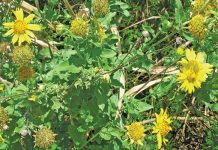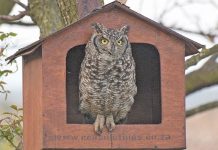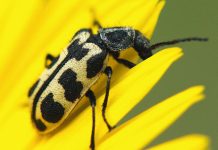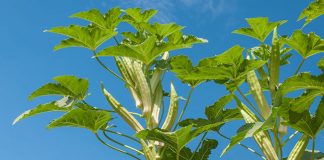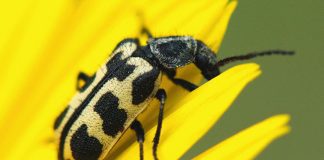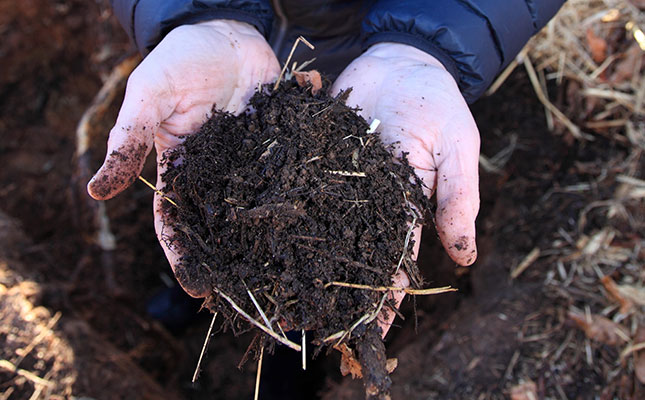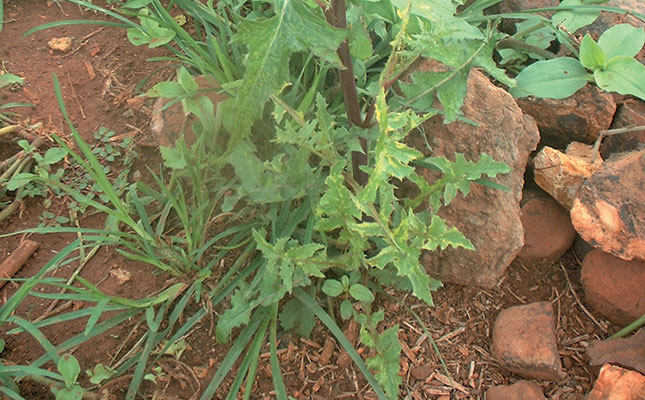
Every new weed on your farm makes weed control more difficult and expensive. Usually, a new weed starts with one or two plants in a land and may not seem like a problem.
READ How weeds are able to survive
If they are left to set seed, however, they will indeed become a problem in a couple of years.
With this in mind, you should avoid the following two weeds at all costs.
Shepherd’s purse (Capsella bursa-pastoris)
This becomes a permanent weed once established. A Brassica or member of the cabbage family, it grows fast and is a profuse seeder. If you find the odd plant in a land, remove it immediately.
A plant seeded itself on my property and it took years of vigilance and early removal before it was no longer a threat.
Shepherd’s purse originated in Europe and thrives on the Highveld, even through winter. A client of mine planted a large land to winter pasture in late April. In no time, shepherd’s purse appeared so densely that he had to spray a herbicide. If he had not done so, it would have prevented the grass from becoming established.
The leaves of shepherd’s purse are lobed and make a flat rosette close to the soil surface, then send up a long stalk with dozens of heart-shaped seed pods.
The weed is also host to the beet cyst nematode (Hetodera schactii). If you practise crop rotation to reduce this nematode or have shepherd’s purse growing among oil radish as a trap crop, you already have this weed on your land, so controlling it will be considerably more difficult.
Sow thistle (Sonchus oleraceous)
This seed also originated in Europe, but is now firmly established as a cosmopolitan weed in South Africa. It is highly adaptable and hardy.
The seeds have fine silky bristles that enable them to be disseminated by wind, ensuring rapid spread.
The strong tap root enables it to survive dry conditions. Worse, it has become adapted to just about all-year-round conditions.
The weed is a host to spotted wilt virus, which infects several vegetable crops, including lettuce and tomatoes.



